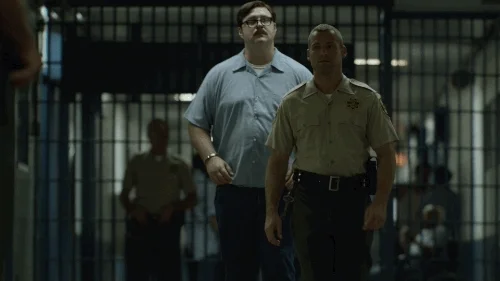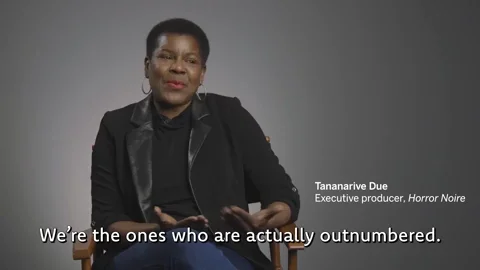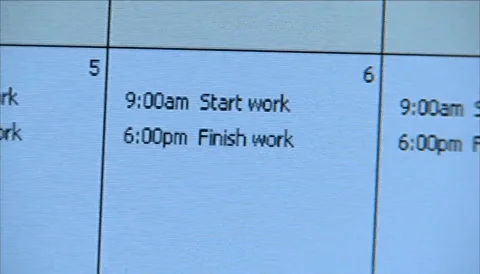Have you ever watched prison shows like 60 Days In or MSNBC's Lockup Raw?
You may have noticed prison staff in uniforms supervising inmates locked up in jails and prisons.

Learn what goes on inside behind the walls in the dark and dangerous world of being a corrections officer.
Inmate-Staff Ratio

Depending on the post worked during their shift, officers are outnumbered, with a common ratio being 1 officer to anywhere from 50-140 inmates.
If there are 100 inmates on your post, they could be doing 100 different things at one time. This reality makes it challenging and overwhelming for officers to maintain order at times, so staying alert is key.
For example, when speaking to an inmate, constantly keep your eyes on everything else going on around you as well!
100 inmates on your post and only 1 officer won't stop inmates from creating disturbances such as destruction of property, rioting, or refusing to comply with officers' orders — just to name a few.
Work Schedule

Jails and prisons operate 24 hours, 7 days a week, and 24 hours a day, so it's mandatory that corrections officers are always present.
New officers will either work 2nd shift (2-3 pm to 10-11pm), or 3rd shift (also known as the graveyard shift, 10-11pm to 6-7am). Officers' days off will more than likely be weekdays (Mon and Tuesday or Wednesday and Thursday).
There are pros and cons when it comes to the job.
Holidays

Officers get paid time and a half just for working during holidays.

Time away from family can lead to possible strain in relationships.
Money

Officers get paid a shift differential (extra money added on to their hourly rate) when working evenings, overnights, and holidays.

You won't have much time to enjoy your pay, because you'll be constantly stuck at work.
Higher pay results in more taxes being taken out of your paycheck.
Quiz
Correctional Officer Lisa realizes she has to work Thanksgiving, but wants to spend time with her husband. What should she do?
Staffing

Lots of jails and prisons are short-staffed due to officers calling out sick, or for other reasons such as correction officer injuries, terminations, and retirements.
When facilities can't meet their minimum required number of officers needed per shift, officers find themselves getting mandated (having to work another 8 hours), resulting in a 16-hour shift.
Overtime

Officers have an opportunity to increase their yearly salaries.
You'll get paid time and a half for hours worked past 40 hours, plus more if you're working holidays.

Working unexpected hours can lead to fatigue, burnout, and stress because
Lack of sleep affects your vigilance and alertness to job duties.
You must report to the assigned shift even after working a 16-hour shift.
An abundance of work hours leads to high turnover rates.
There's often low morale among the officers, with an unfavorable outlook on the profession.
Inmate Interactions
Daily inmate interactions are officers' biggest test, because both new and experienced officers find themselves constantly being tested by the inmates.
Some inmates can be master manipulators. They have 24 hours to observe officers and figure out how they can get over on them. Incarceration doesn't mean the criminal mindset and activities don't continue.

Harsh Realities of Dealing with Inmates
They can be verbally and physically assaultive, known to cause serious bodily harm and even death to each other and officers.
Officers' only lines of support are each other, pepper spray, handheld radios, and small duress alarms (signals to other officers that they need immediate help).

Check out this video on a typical day inside a segregation unit. It's isolated from the general population, but the noise in the video highlights how threatening it can be:
Important Tips
Officers need to be stern, direct, in control, and consistent with inmates, because the temptation to break the rules is always there.
Set boundaries. Officers should let inmates know they are there to do their job, not to be chummy with them.
Quiz
An inmate walks up to Officer Annalisa and asks her to bring in drugs. Drugs are prohibited in prison facilities. How should Annalisa respond?
Take Action

Make sure to thoroughly research before you consider entering the field of corrections.
Your feedback matters to us.
This Byte helped me better understand the topic.
